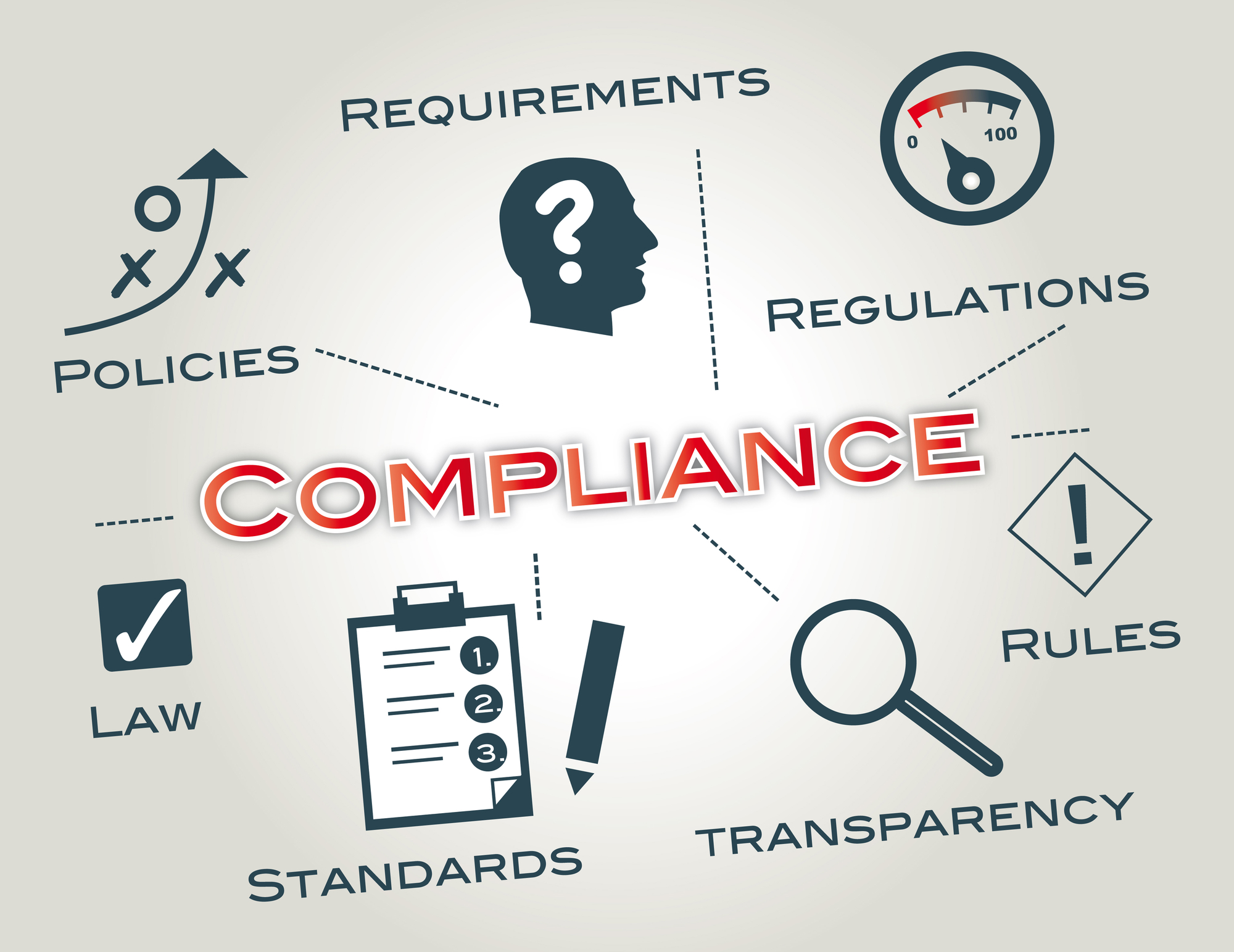Alisanne Steele | TheSoftwareConsultant | Tuesday, March 27, 2018
Is your client trust account compliant? Do you have the required documentation in place and readily available? If the proposed rule change (Proposed Amendments to Supreme Court Rule 78.5 | ADKT 0533) is approved and Supreme Court Rule 78.5 is amended and implemented, will you be able to provide the necessary documentation required by a random Compliance Audit?
On Feb. 27, 2018, the Nevada Supreme Court issued an order scheduling a public hearing and inviting public comment regarding proposed changes to Supreme Court Rule (SCR) 78.5 to authorize the state bar to conduct random trust account compliance audits of active attorneys licensed in Nevada. The hearing is scheduled for April 2, 2018.
The current rule requires that “Every lawyer engaged in the practice of law in the State of Nevada shall maintain and preserve for a period of at least five years, after final disposition of the underlying matter, the records of the accounts, including checkbooks, cancelled checks, check stubs, vouchers, ledgers, journals, closing statements, accountings or other statements of disbursements rendered to clients or other parties with regard to trust funds or similar equivalent records clearly and expressly reflecting the date, amount, source, and explanation for all receipts, withdrawals, deliveries and disbursements of the funds or other property of a client, and make such records available to the State Bar for inspection upon request”. The proposed change would subject Nevada Lawyers to random compliance audit[s] of the lawyer’s trust account[s]”. https://www.nvbar.org/wp-content/uploads/ADKT-0533-Public-Hearing.pdf
Most law firms and solo practitioners use billing and/or matter management software, and most billing software designed for attorneys have solutions in place for the recording and reconciliation of trust account activity to trust account statements from your financial institution. Many of those vendors will claim that their software does it all for you, thereby maintaining compliance.
I would love to tell you that they are correct, but at the end of the day, the tools are only as good as the policies, processes, and workflow permit. It’s all about the process and the controls in place. If you have clear procedures for recording trust account activity, and you and your staff follow those procedures for every transaction, then any of the vendor’s solutions can give you an accurate reporting (after reconciliation) and assist in maintaining compliance.
I have worked with many firms where the controls and reporting truly needed improvement. Those firms needed guidance when developing workflows and controls to ensure that trust reporting to clients is accurate and reconciliation of their trust accounts to that reporting is done regularly and reliably.
Well written policies and procedures for documentation and reconciliation of your trust accounts should include:
- Guidelines on how transactions are recorded in the clients (and master) ledger
- Where and how deposit and distribution records are kept
- A clear retention & destruction policy
- Guidelines on how the closed matters are documented and preserved
- A complete listing and example of the reporting from your accounting and billing software documenting the monthly reconciliation to trust account bank statements
- Guidelines and examples of the reports required to identify both the client specific and all-inclusive transactions for a particular time range and the related trust account balance for the same time period
As with any written policy, it is best to review your workflow, internal controls, required reporting, and available tools as you craft the best path to increased efficiency and accuracy.
As always, we are here to get you on the right path!
~Sanne
CLE Opportunity:
BYOD (Bring Your Own Device) Lunch & Learn – Co-Sponsored by the Washoe County Bar Association
Friday, May 4, 2018
11:00 a.m. to 1:00 pm (Q & A 1:00 to 2:00 pm)
2 Hours CLE Ethics Credit
Bruce Thompson Federal Courthouse

